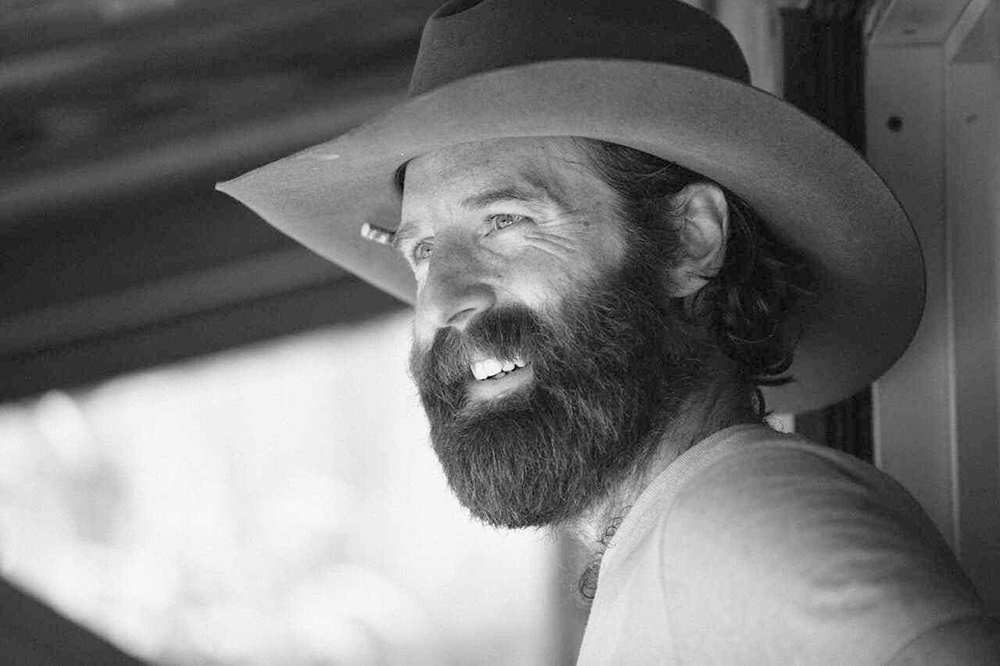By Sean Dietrich
A hotel lobby. I am 951 miles from home, watching the news channels show hurricane footage taken from my hometown in Florida.
The video shows Hurricane Sally wrecking our villages, flooding our cities and eating our shorelines. Some video looks to have been filmed a few miles behind my house. I’m sick to my stomach about it. I feel guilty for not being there.
Three businessmen sit in the lobby. I overhear them say they are from Washington D.C. They watch the lobby television, wearing surgical masks, sipping coffee, shaking their heads in mock amazement.
“Geez,” says one man, “you couldn’t pay me to live in Florida.”
“No kidding,” says the other. “There simply aren’t enough dollars in the world to make me live there.”
A piece of me wants to defend my homeland and tell these guys they are mistaken. After all, Washington D.C. is no day at Dollywood, either.
I’ve been to Washington. It’s full of high-powered young business professionals who wouldn’t hold the door open for the Queen of England toting an oxygen canister.
But I’m not here to throw darts. Right now I’m worried about my people. I’ve been texting with friends and family since last night.
My mother still has no electricity. My sister’s family spent the night in a walk-in closet. My cousin got so stressed he started smoking again. The highways are submerged. Commercial barges are floating in places where they shouldn’t be.
I saw videos of my own backyard this morning. You could reenact historic naval battles back there.
The lobby TV makes an announcement. The newsperson tells us that today is the 16-year anniversary of Hurricane Ivan. And I am carried backward in time. I have to sit down for a moment.
Sixteen years. Has it really been that long? Oh, boy. Do I remember Ivan.
My wife and I were living in a ratty upstairs apartment. Our unit was located above Okaloosa County’s most notorious cat lady. She must have had 3,699 cats.
I know this because we once got fleas from these cats. The fleas crawled through our adjoining walls and infested our things, causing my wife to start itching and me to start barking at the mail guy.
When Ivan hit, it was a different world. Back then we had no social media, no ultra smart phones and nobody had ever heard the word “pandemic” used in a sentence.
We had only word-of-mouth weather reports from old men who watched the Weather Channel twenty-four-seven. Guys like my uncle, who devoted his life to the Weather Channel the same way some men devote themselves to the Jesuit Order.
Then came the Ivan evacuations. If you’ve never evacuated for a hurricane, it’s a sickening event. You leave your whole life behind you and drive onward. Your family piles into vehicles, loaded with every cardboard box and cooler ever manufactured.
My wife’s family traveled to Brewton, Alabama, during Ivan. That night we all holed up in a family cabin in the woods while the entire world fell apart.
I’ll bet these Washington men have never even heard of Brewton.
As it turned out, Ivan hit Brewton dead on. After it waltzed across our Panhandle homes, the eye of the storm followed us straight into South Alabama and tore up everything.
It was a titanic mess. Rooflines detached. Hundred-year-old trees uprooted. Cars got smashed. Floodwaters invaded living rooms. I don’t think many died in the storm, but I know many who were braced for it.
It was one of the longest nights of my life, sitting through Ivan.
The following sunrise revealed bitter devastation. Trees lay splintered in residential streets. Shingles littered front yards as far away as Pensacola. And do you know what else I saw?
Men with chainsaws.
After the damage, Good Samaritans were everywhere. They were crawling out of the wallpaper, lugging gas powered lawn equipment, driving flatbed trailers, operating Caterpillars, steering Ford F-250s.
Meanwhile, their wives were cooking breakfast on propane barbecue grills, emptying their dead freezers, preparing thawed meat before it spoiled.
In the few hours after sunup, Brewton looked like the international barbecue competition headquarters. You couldn’t walk four feet without smelling short ribs or pork shoulders sizzling on someone’s back porch.
Even though destruction had visited our world, you would have never known it by the attitude of our people.
This is what happens during our hurricanes.
These are the people I come from. They are do-gooders with hard heads. They knock on neighbors’ doors, volunteering to dismember fallen trees or tarp damaged roofs. And they offer to do it in exchange for nothing but iced tea.
You will see my people in heavy Chevys, wrapping chains around collapsed live oak limbs. You’ll see policemen delivering groceries to shut-ins. You’ll pass local preachers making house-calls to widows, orphans and drunks. You’ll run into old women who cook ribeyes on Coleman camp stoves for an entire neighborhood.
Yards will be lit with tiki torches. Kids will be playing tag. Guitars will be picked. People will become frighteningly upbeat. Because this is who we are.
You can flood our towns, knock down our houses, kill our magnolias and blow our rooftops to hell. But you cannot drown our hearts. Because we are Panhandle people and South Alabamians. And no matter how high the water gets, we will always float.
There simply aren’t enough dollars in the world to make me live anywhere else.

